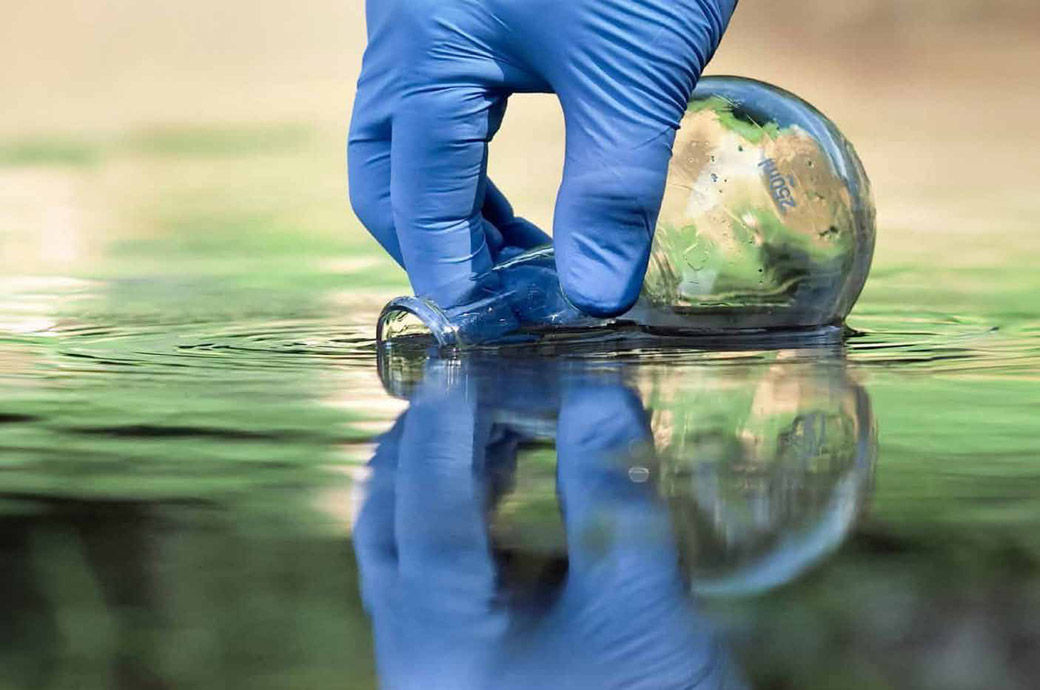
In 18 samples (58 per cent), PFAS that are listed for global elimination under the Stockholm Convention were detected.
In 19 samples (61 per cent), PFAS were detected above proposed European Union (EU) regulatory limits for surface water.
Several samples were found with very high PFAS levels. One sample contained PFAS at more than 310 times above a proposed EU regulatory limit. That sample also had the highest levels of globally-banned perfluorooctanoic acid (PFOA) and perfluorooctane sulfonic acid (PFOS) at more than 1,700 times higher than a current Dutch advisory limit for PFOA and more than 54,000 times higher than a current Dutch advisory limit for PFOS.
The study also includes data on PFAS in clothing purchased from retailers in Bangladesh. PFAS were detected in all five clothing items tested, including clothing for men, women and children.
One item contained PFOA, which is banned globally and prohibited for use in consumer products in countries, including Bangladesh, which have ratified the Stockholm Convention amendment on PFOA.
The textiles industry should phase out the use of PFAS, and policymakers should develop a comprehensive, class-based ban on the production and use of PFAS, including polymeric PFAS, the study suggested.
The survey was carried out by the Environment and Social Development Organisation (ESDO) a non-profit and non-government action research organisation in Bangladesh, along with IPEN, a Sweden-registered global network forging a healthier world where people and the environment are no longer harmed by the production, use and disposal of toxic chemicals.
Fibre2Fashion News Desk (DS)